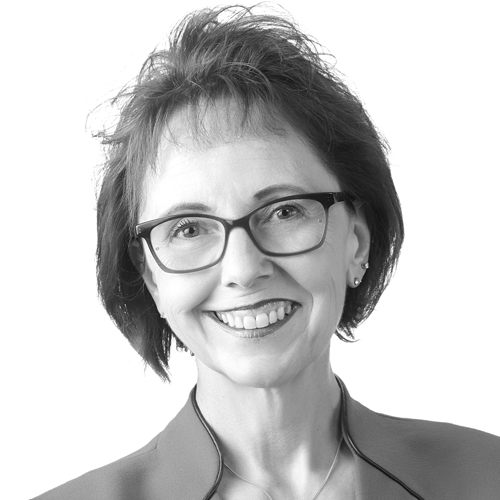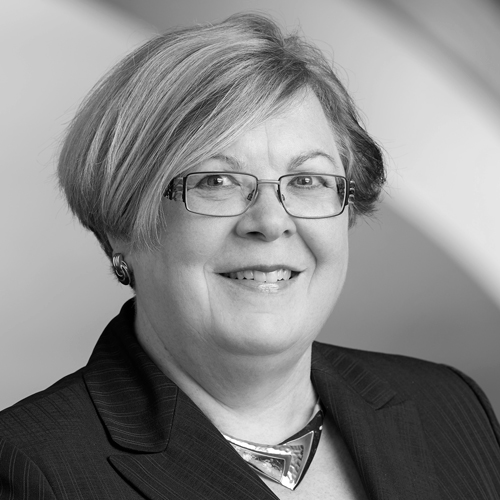Receiving news from a doctor that you’ve been stricken with a debilitating disease—such as multiple sclerosis, Crohn’s disease, cancer, HIV, or hepatitis C—is quite the shock. The last thing you need afterward is a struggle to get medicine to treat said condition. Unfortunately, that can be the case when a physician prescribes a specialty drug. These medications are not available at a local pharmacy and cost substantially more than most other medicines. They may be new to the market, and you might have to fight with your insurance company to get one. Even if all goes smoothly, it may take weeks to get your prescription filled.
That is, unless your specialty drug provider is BioPlus Specialty Pharmacy.
BioPlus has been able to outperform its competition by reducing the wait time to fill that first prescription to just a few days. This devotion to customer service has helped the twenty-year-old company grow at an enviable pace in the past few years. Annual revenue has soared from about $60 million in 2011 to about $850 million in 2015.
Russell Gay, BioPlus’s chief strategic officer, has been a leader in niche healthcare organizations for two decades, and he says he is most proud of instituting policies and processes that have made a real difference in the lives of patients. This consistent execution of high-quality service is the key to success, he says—particularly for niche players in the healthcare industry. For BioPlus, the cornerstone of its service model was laid out with a complete reengineering of order and tracking processes that included a year-long development of a proprietary patient tracking system.
The impetus from this effort came from a meeting between the company’s CEO, Stephen Vogt, and a nurse with a healthcare provider. Vogt proudly pointed out to the clinician that BioPlus initiated orders twice as fast as its competitors. The nurse appreciated the observation, but countered that if patients were diagnosed with cancer, they would want to have medication approved and start treatment as soon as possible.
“The most important role for a specialty pharmacy is connecting with the patient to quickly start them on the right drug at the lowest cost,” Gay explains. “Research shows that the quicker you start the patient on the
medication, the more likely they are to continue taking it.” Patient compliance being of the utmost importance, BioPlus took the nurse’s critique to heart and brainstormed on how to speed up its processes.
A top to bottom assessment of systems and processes showed there were too many steps and too many people with a hand in moving orders along. BioPlus set out to streamline the steps and reduce the number of employees handling each case. The company also set an ambitious goal of contacting patients within two hours of receiving a prescription. No software on the market could accommodate this aim, so the company had to develop its own platform.
“It’s all about understanding what you are good at. The real magic is in the execution.”
Part of this challenge had to do with receiving orders. BioPlus is not electronically linked to healthcare providers’ EMR systems. In fact, some physicians’ offices still submit orders via fax. Complicating the matter further, each insurer has its own form to process specialty drug claims, some of which can be lengthy and complex. “All the information has to go out correctly, or the claim will be denied,” Gay says.
It took about a year for the company to develop a system that could handle that level of complexity. A key feature is the ability for managers to monitor the progress of individual orders in real time. BioPlus’s clinical team watches electronic monitors that display progress through a traffic signal scheme. Green indicates the order is progressing on time, yellow means time is beginning to run short, and red shows that the order is getting close to missing that two-hour window to contact the patient. That initial phone call informs the patient that the prior authorization process is underway.
“We wanted a goal and a penalty to hold ourselves accountable,” Gay says. If the company misses the two-hour window, it then makes a contribution to a charity such as the American Cancer Society or the Chronic Disease Fund.
The strategy has worked; BioPlus consistently meets the time limit 98 percent of the time, with an average response time of seventy minutes. “Some patients are still driving home from their first doctor’s visit when we contact them,” he says. While patients are still emotionally processing the diagnosis, the rapid response from the pharmacy offers at least a small source of comfort, with BioPlus providing assurance that someone is taking charge of the complex pre-authorization process. It’s no secret that patients can be intimidated by all the hoops they need to jump through to receive their medication, particularly in a vulnerable state after a diagnosis. “They need someone to navigate the abyss,” Gay says.
In a sense, BioPlus’s primary customers are the insurance providers and, by extension, the employers who pay the premiums. These players appreciate the company’s stellar patient services, but they also want to see some economic efficiencies. In fact, some don’t fully understand how specialty pharmacies provide value, Gay explains. This is where the company’s electronic records system provides an advantage. Using this system, BioPlus analyzes the spectrum of data it has compiled about patients receiving treatment for specific
diseases and found ways to achieve notable savings, Gay points out.
For example, the company found that the cure rate for hepatitis C patients who took medication for sixty days was identical (98 percent) to those who took medication for ninety days. Reducing the amount of medication for these patients from a ninety-day dose to a sixty-day dose while still achieving the same outcome created annual savings of $15 million in 2015, Gay says.
Further analysis of the company’s patient data in specialized niches will continue to show areas for savings, he says. This is especially important in an era where healthcare is increasingly focused on using resources more efficiently, according to patient outcomes. Indeed, by continuing to provide best-in-class patient service and finding savings for insurance providers and their customers, BioPlus is poised to continue its rapid growth as it expands services in areas in specialties such as oncology. “It’s all about understanding what you are good at,” he says. “The real magic is in the execution.”


